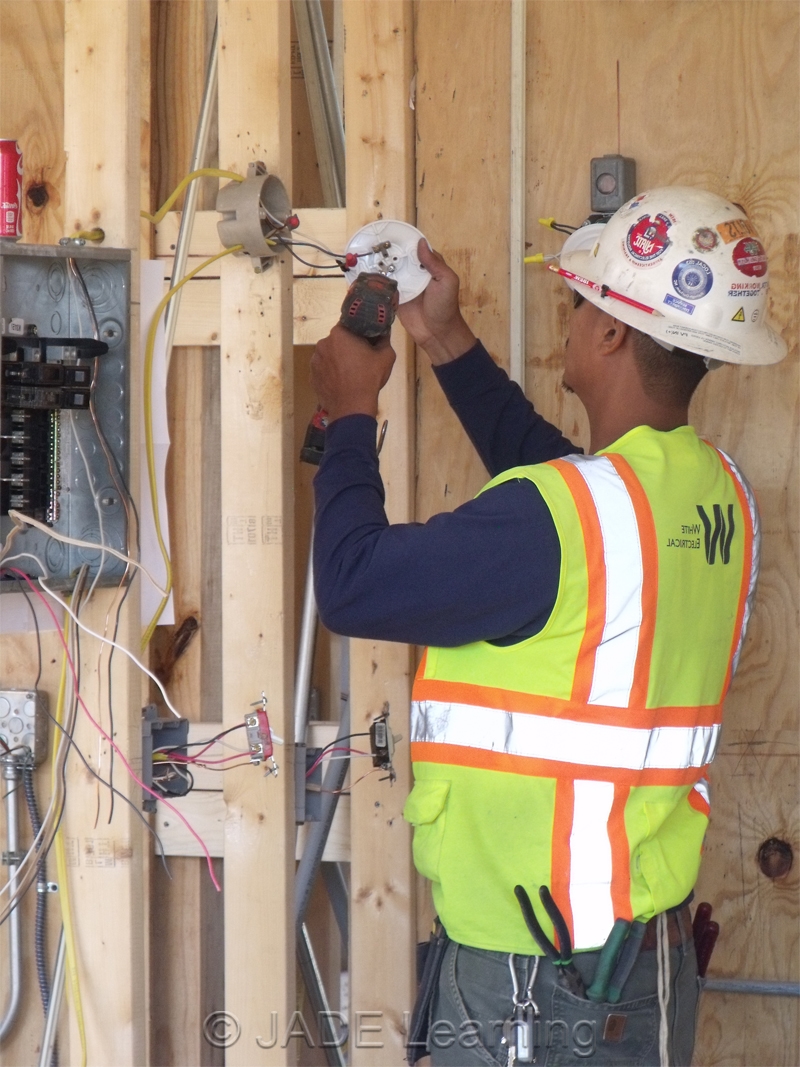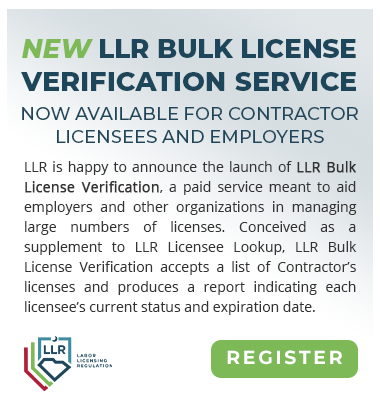
Understanding the various types of work that an electrician does is crucial when you are considering a career in this field. There are many types to choose from, such as residential electricians or power grid engineers. Here are some examples of various electrician jobs. You can read the following to find out more about each type of job. You might even consider becoming an electrician!
Electricians
As the name suggests, electrical engineers do electrical work. The field is incredibly demanding, as they are often required to take on huge projects and invest substantial amounts of money in them. It is not easy to balance work and family life because of the high level of competition. Here are some tips on choosing an electrical engineer career. You might consider an apprenticeship if this is something you are interested. It can lead you to a rewarding and lucrative career.
An electrical engineer is an expert in designing and developing electrical systems. They oversee the production of electrical equipment. A variety of projects can be undertaken by electrical engineers. These include small-scale and large-scale energy transmission. They also design communication systems and enhance existing electric systems. Electrical engineers use a variety of skills to create products that help improve the quality of life and make the world a better place to live. Their work is diverse and always fascinating.

Telecommunications electricians
Telecommunications electricians can do everything, from setting up equipment to training users on how to connect it. While some work alone, most must be on call for weekends or overtime. It is important to keep your system in good condition. However, even the most careful worker can accidentally spill coffee on valuable outlets. There are many opportunities to receive your education and training so that you can become a telecommunications electrical contractor.
Telecommunications technicians can work anywhere, urban or rural. Some of the cables are strung directly overhead on telephone poles while others run across branch lines. This job requires hands-on experience as well as classroom learning. Apprenticeships can take up to three to five year to complete. Many telecommunication electricians have the same training as those who are electrical linemen. However, a bachelor's degree will help you get started as a telecom installation specialist.
Industrial electricians
Industrial electricians specialise in wiring, controls and electrical appliances for industrial facilities. They are usually involved in the installation and maintenance of existing equipment. However, they also have to repair and maintain machines. They communicate with clients and help to understand the root cause of electrical system issues. They may be called upon to replace vital electrical equipment, or they may be asked to write maintenance reports for industrial facilities. These reports are necessary to ensure that electrical systems in a facility are maintained and meet compliance requirements.
Most electricians work 40-hour weeks. Industrial electricians, however, are often available to help with extra hours or for inclement weather. They may work long hours and sacrifice family time. Overtime is a common requirement for industrial electricians. This can include work weekends, holidays and during outages. As you gain experience, the initial salary for this job will rise. You can expect to work at least 40 hours per week and make a good living by combining your education and training.

Residential electricians
You might be curious about what residential electricians do. Commercial electricians are usually found in large commercial buildings. Residential electricians, however, work with low-voltage systems such as 120V and 240V. Residential electricians may use thinner gauge cabling, and less insulation than those who work in commercial buildings. They may also require more insulation for wiring in a house. Residential electricians often use a combination of sheathing and plastic conduits, whereas commercial electricians may work with larger wires.
There are many other jobs that residential electricians can do. They can run conduit and install new electrical services in a home. They can also install circuitbreaker boxes and other residential wiring systems. They might also be involved with electrical design, such as the placement of lighting fixtures or heating and cooling systems. They may even be involved when it comes to new construction. They can also help with the installation of circuit breakers and other electrical systems.
FAQ
Is there a way to prepare for negotiation before hand?
Yes!
There are many ways to prepare yourself for negotiations.
One method is to simply write down the terms and conditions.
What documents do I need to show when applying for building permission?
You will also need to show proof of your SCA.
-
There are plenty of parking spaces available.
-
Access routes are suitable;
-
Access to all utilities is possible
-
All works are compliant with the relevant planning regulations.
Who provides a Service Agreement?
You and your customer will agree on how you will provide services. It outlines the customer's responsibilities, what you have to do for them, and when they have to pay you.
Additional fees for services may also be confirmed in the service agreement.
A service agreement should include all the terms and conditions that apply to the contract. This includes delivery dates, payment methods, warranties and other terms.
This template will help you cover all aspects of the agreement.
What is the purpose behind the service agreement
A Service Agreement is a contract that defines the terms and conditions under which a customer can purchase goods from your company. It also defines how you will provide those services to them for payment.
The most common type of such document is the Sales Order Form. This section lists the products being purchased by the customer as well as their price. You can also list any other items such as delivery charges, VAT or insurance. You also specify the delivery and payment dates.
You may use a different document depending the nature of the transaction.
If you are offering a service instead of selling products, an invoice might be appropriate.
You would probably use a Purchase Order Form if you buy something from someone else.
All information is required when preparing a sales order.
Keep in mind: The more detailed the sales order form, the easier it is for the buyer.
Who has to pay for the service?
Your SCA defines who is responsible for paying for the service. You may be able to file a claim for compensation against the court if the service provider fails to pay in full.
What is the scope of my SCA?
Your SCA will detail the scope of work, including the time it will take, how many materials are needed, what equipment is required, and whether special permits are necessary.
Statistics
- Reasonable late fees go up to 25% per year on unpaid sums. (lawdepot.com)
- (d) Contractor disputes related to compliance with its obligation shall be handled according to the rules, regulations, and relevant orders of the Secretary of Labor (see 41 CFR60-1.1). (acquisition.gov)
- (1) Ascertain the extent to that offers are based on the payment of overtime and shift premiums; and (2) Negotiate contract prices or estimated costs without these premiums or obtain the requirement from other sources. (acquisition.gov)
- (3) The contracting officer may provide for a contract price adjustment based solely on a percentage rate determined by the contracting officer using a published economic indicator incorporated into the solicitation and resulting contract. (acquisition.gov)
- While we offer all our high-quality services at competitive prices, we know that many who need our services are on fixed incomes, so we offer a 10 percent discount for seniors and military members. (homeservicecontractorsinc.com)
External Links
How To
What is the difference in a service agreement and contract?
A service agreement is an offer by which a provider agrees to provide services for a customer. It creates an obligation between the parties. The term service refers only to a company’s products, advice, and information. It does not include financial or financial services.
Contracts are legally binding documents that outline the terms and conditions of business relationships. You can purchase a product at a retailer and a contract will be created. The reason you are required to pay later is because of the obligation you have to buy it. If you accept employment, you have entered into a contract with your employer.
An informal service agreement doesn't require formal documentation. In practice, a written service agreement is seldom used. Verbal agreements will be accepted as the standard.
However, service agreements have many advantages over contracts:
-
A service agreement allows for greater flexibility than a contract.
-
It allows a service supplier to change its mind and not be penalized.
-
It allows the service to have greater control over how they deliver the service.
-
It gives a clear record as to what was promised.
-
It is easier for a service provider to be sued.
-
It's cheaper to create a service agreement rather than a contractual contract.
-
It is less likely to lead to litigation.
-
It's easier to end a service agreement than a contract arrangement.
-
It is easier to modify a service agreement than a conventional contract.
-
You can set up an ongoing relationship by using a service arrangement.
-
It is possible to divide the cost of drafting service agreements with third parties.
-
It is possible to include a clause requiring arbitration in a service agreement.
-
It is possible for provisions to be added regarding confidentiality, proprietary rights, non-disclosure etc.
-
It is possible to specify the duration (e.g., for one year).
-
It is possible to subject the service agreement to a condition precedent.
-
It is possible to say that the service provider is liable only for negligence or gross negligence.
-
It is possible to limit the liability for consequential damages.
-
It is possible for a service provider to enter into a new agreement with a customer.
-
There are certain circumstances where it is possible for you to give notice of termination.
-
It is possible to request that the service provider provides a warranty.